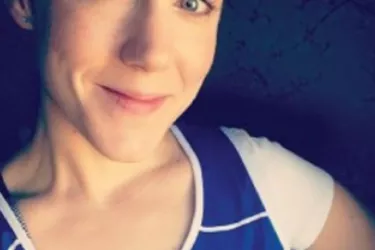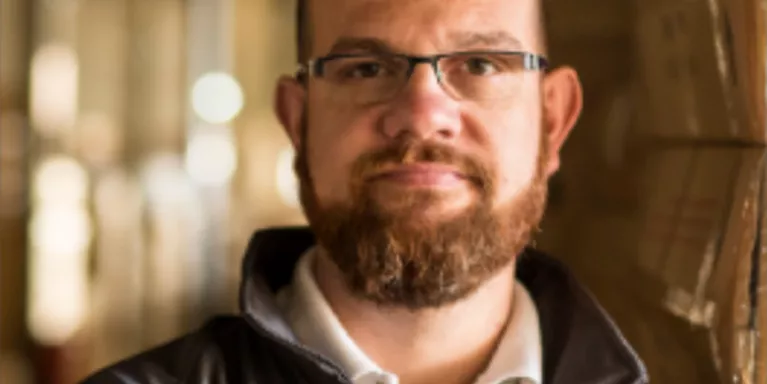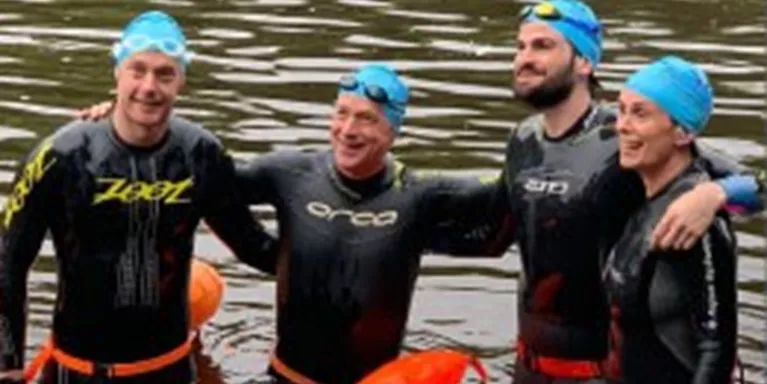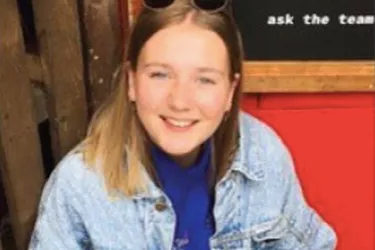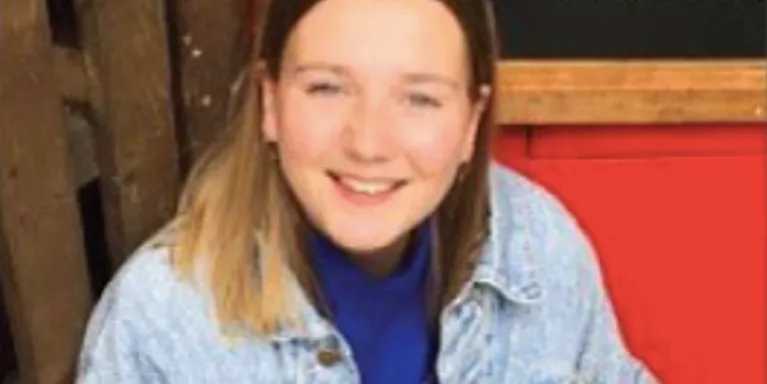A running start to 2018
Emily is one of over 20,000 people taking part in R.E.D. January with the aim of getting active every day.
This is my second attempt at completing R.E.D. January - doing a physical activity every day of the month. Last year's attempt quickly ended when I sprained my ankle – just two days in. That was the end of my exercise regimen for three months, which seemed like an eternity.
I first stumbled across R.E.D. January when browsing the Mind website. I had become quite the regular to the site when I was struggling with depression in my second year of university. While I had suffered with chronic depression for a number of years, nothing could have prepared me for the severe low mood that I experienced during this time.
I managed to find comfort in Mind’s information and advice webpages and, most importantly, Elefriends. For those of you who haven’t used Elefriends before, it’s a kind of social network, developed by Mind, where people experiencing mental health problems support each other.
I found speaking anonymously to people in similar situations was extremely consoling and it seemed like a huge weight had been lifted off of my shoulders. By this point I was not at all comfortable with talking about my feelings or what I was going through with my friends and family, so using Elefriends was really beneficial for me. It was a whole new support network.
Unfortunately this online community wasn’t enough to keep the crippling, dark thoughts of depression from completely overtaking my mind, leaving me in hospital in April 2016.
During my therapy, it was frequently recommended that I exercise, as it would supposedly make me feel miles better and give me something else to focus my thoughts on.
"At the time I mocked this suggestion, all I wanted to do was stay in bed and the thought of leaving the house to exercise was overwhelming."
As I started to get better, I took up this advice, joining a local gym and exercising a few times a week. The benefits for my mental wellbeing were incredible. The endorphin boost was immediate, I found running was a great space to declutter my mind and leave me with the so-called ‘runner’s high’.
When I read about R.E.D. January, this was immediately something that I wanted to get involved with. I had wanted to raise money for the charity for a while, but I wasn’t quite sure how I would go about doing it – R.E.D seemed the perfect opportunity.
The setback I faced during last year’s attempt was debilitating, but I soon got through it and got back into the swing of regularly attending the gym. I even managed to complete my first ever Tough Mudder event in September.
This year my progress is going from strength to strength. The dark entity of my depression appears to be kept at bay, undoubtedly helped by the huge lift of running every day. My fitness and stamina are improving and I’ve even shed a few pounds – seeing body improvements is just another positive of participating in R.E.D.
Running is without a doubt the best antidepressant and self-esteem booster I have ever come across. Bad mood, angry, sad, hopeless, scared? For me running and exercise can make all of these feelings go away or at least significantly decrease the size of the worry.
Running sets me free and makes me feel like I’m capable of anything - a feeling you seldom feel when suffering with depression.
Even one small step outside can make a huge difference to your mental wellbeing. So next time you’re feeling down, try going for a walk or doing a bit of light exercise. Your body and mind will thank you for it.


Information and support
When you’re living with a mental health problem, or supporting someone who is, having access to the right information - about a condition, treatment options, or practical issues - is vital. Visit our information pages to find out more.
Share your story with others
Blogs and stories can show that people with mental health problems are cared about, understood and listened to. We can use it to challenge the status quo and change attitudes.










